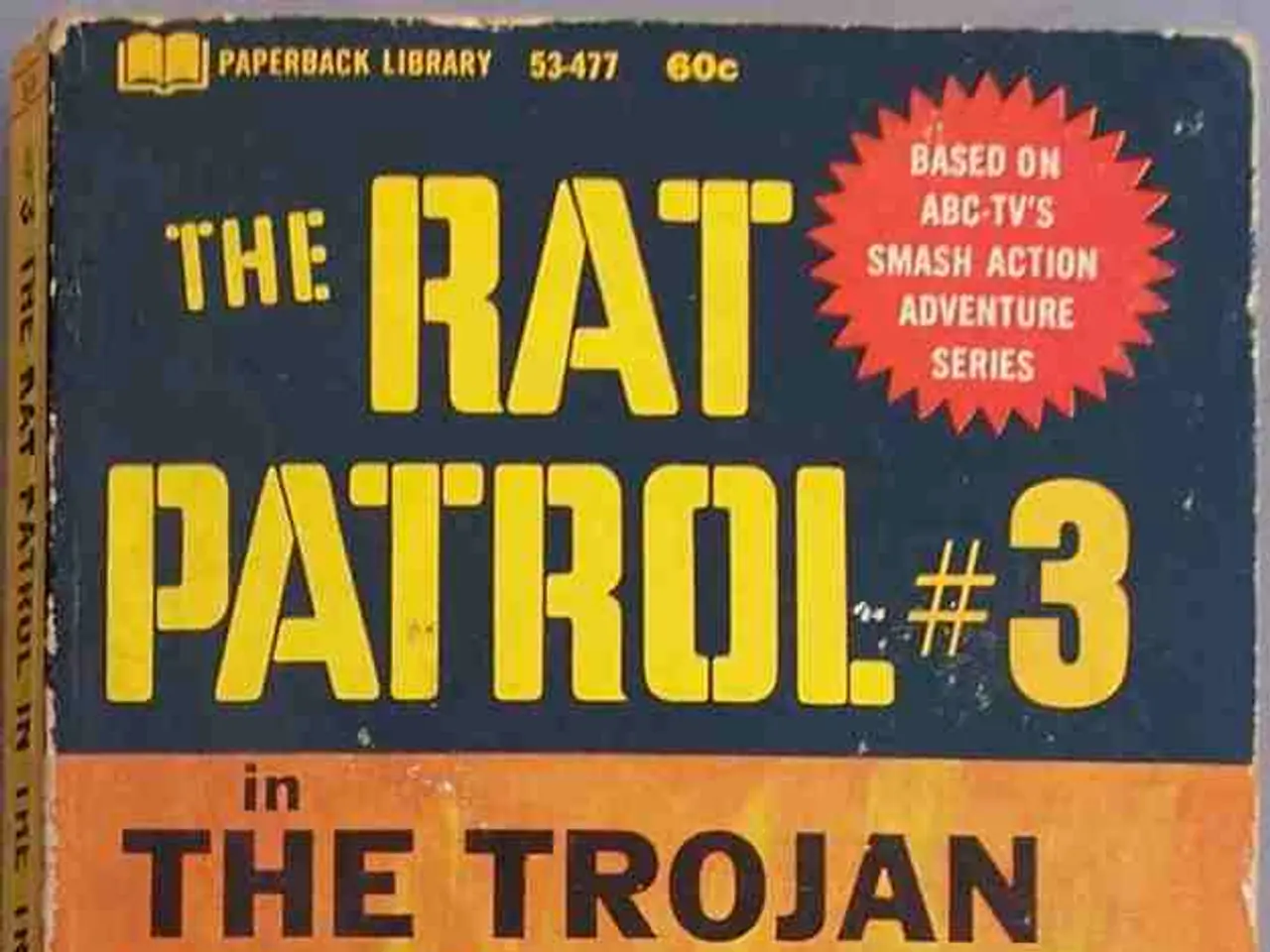CIA objects as Tulsi Gabbard discloses classified papers, reports claim
Gabbard's Declassified Documents Stir Controversy Over Russia Interference
National Intelligence Director Tulsi Gabbard's decision to declassify documents concerning Russia's interference in the 2016 U.S. election has sparked a wave of political controversy, national security concerns, and potential repercussions for public trust.
The declassified document, a five-year-old report by Republicans on the House Intelligence Committee, includes references to eavesdropping and an established clandestine human source with insights into Russian President Vladimir Putin's view of the U.S. presidential contest. However, it does not specify the source of the intelligence.
The release of the document frames the 2016 interference intelligence as a "Russia hoax" and alleges that the Obama administration deliberately manufactured falsehoods to delegitimize President Trump. This narrative strongly contradicts widely accepted intelligence community assessments and risks deepening partisan divisions over election interference and national security matters.
The declassification could trigger further investigations, political inquiries, or reforms aimed at addressing alleged abuses or errors in intelligence assessments. It could also spur backlash within the intelligence community, as some assess the timing and motives as politically motivated, potentially complicating DNI Gabbard’s efforts to unify and lead the community effectively.
Senior former Justice Department official dismissed the investigation as a "dangerous political stunt." Former President Barack Obama and officials in his administration have dismissed these accusations as baseless.
Some former intelligence officers, including Michael van Landingham, have expressed alarm at the detail revealed in the declassified document. Larry Pfeiffer, a former senior intelligence official, stated that the declassified Republican House report could have potentially damaging consequences due to its light redactions of sensitive information. Pfeiffer expressed concern that intelligence community leaders bypassing procedures to protect sources and methods could put foreign sources at risk.
CIA director John Ratcliffe strongly supported the public release of the document, while Attorney General Pam Bondi directed Justice Department prosecutors to launch a grand jury investigation into the Obama administration’s review of Russia’s actions related to the 2016 election.
In contrast, Democrats have labeled it a Trump administration effort to divert attention from the release of files in the case of the late financier Jeffrey Epstein. Mark Warner, the top Democrat on the Senate Intelligence Committee, has warned that the declassification could put intelligence-gathering efforts at risk.
A bipartisan Senate intelligence report in 2020 endorsed the intelligence community's analysis that the Kremlin sought to help Trump win the election. John Durham, a special counsel appointed by Trump, reported no evidence of a criminal conspiracy by the Hillary Clinton campaign or the Obama administration to undermine Trump with false information.
At a joint news conference with Trump in Helsinki in 2018, Putin stated that he had wanted Trump to win the election. However, these statements do not necessarily confirm the allegations made in the declassified document.
In summary, while Gabbard’s decision aims to expose alleged misconduct and increase transparency about the 2016 Russia interference narrative, it carries significant risks of political backlash, damage to intelligence community credibility, national security vulnerabilities, and heightened institutional conflict.
The release of declassified documents by Tulsi Gabbard, the National Intelligence Director, about Russia's involvement in the 2016 U.S. election is causing a stir in the general-news sphere, with politics becoming increasingly polarized as the document frames the interference intelligence as a "Russia hoax" and contradicts widely accepted assessments. The potential consequences of the declassification include further political inquiries, reforms, and even damaging intelligence community operations.








